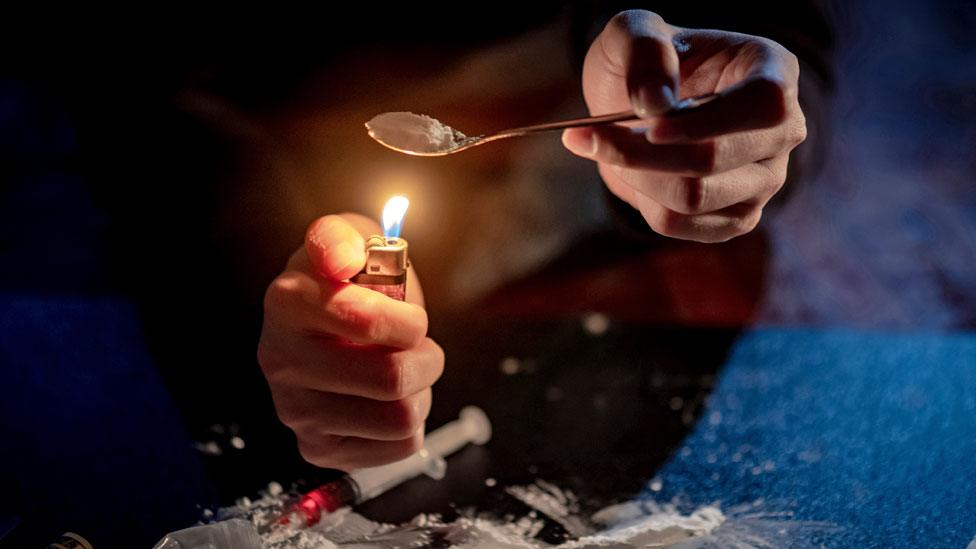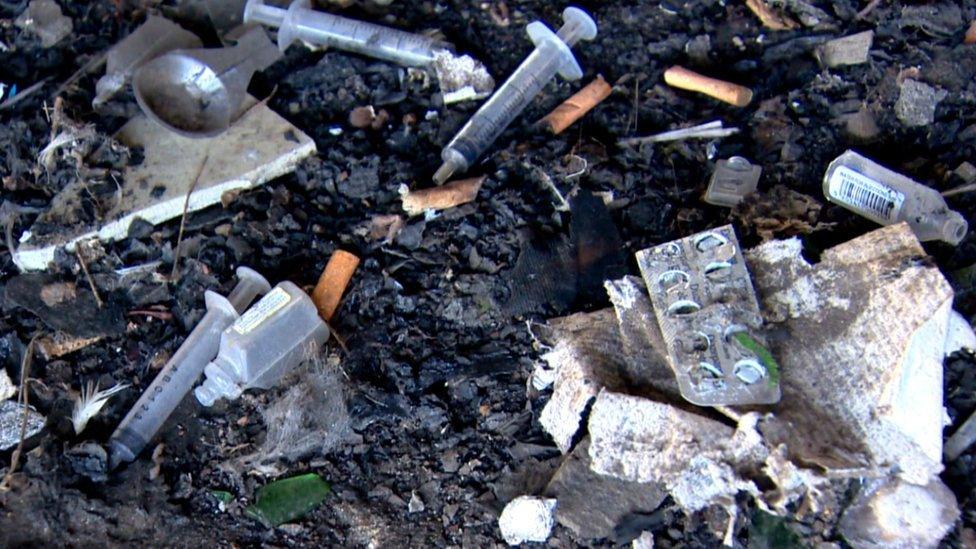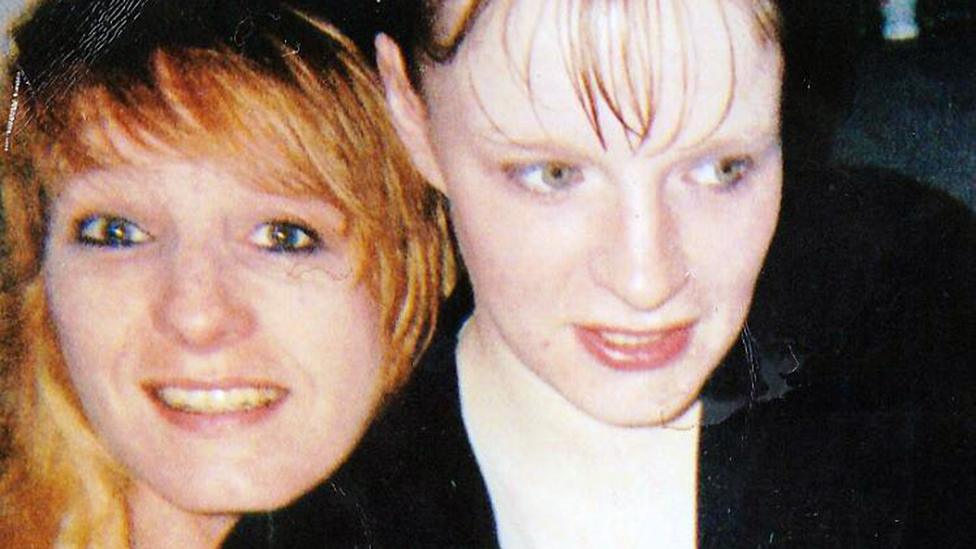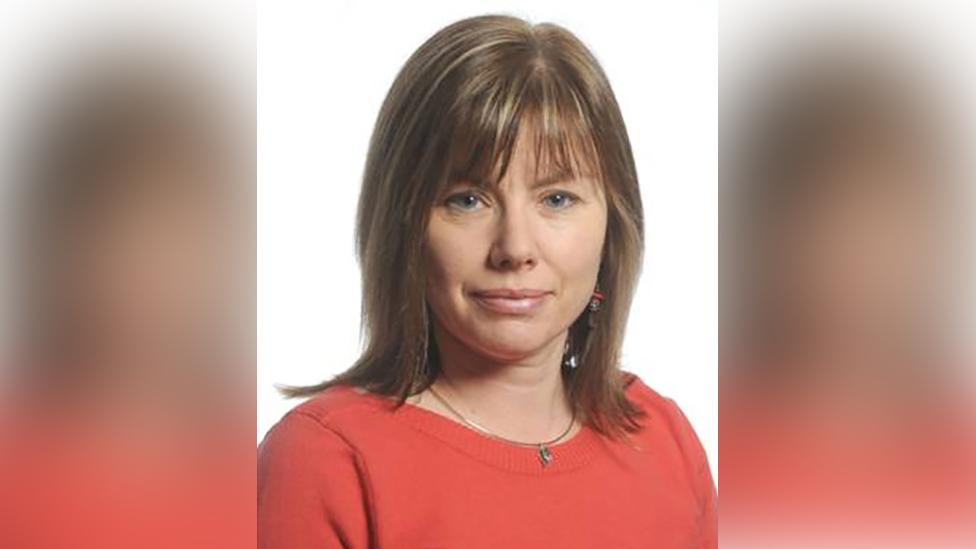Dundee drugs death report highlights 'fractured' system
- Published

Agencies in Dundee must show leadership in tackling the city's drug problem, a new report has said.
The Dundee Drugs Commission was asked to look at drug use and the increasing number of drug-related deaths in the city.
It found the system of treatment and support was "fractured".
The commission's recommendations included improving leadership, challenging stigma towards people who use drugs and their families.
It also said that a "whole system" model of care should be adopted.
The commission said it had learned about "inadequacies" in local systems and services during its work.
"We have frequently heard from individuals and families who feel that the system has failed them," it said.
Commission chairman Robert Peat said: "We found a system of treatment and support which we describe as fractured.
"All of the services in Dundee must work with a concerted effort to implement the necessary changes.
"The problems of the past must be left behind, and a culture of openness, honesty, respect and trust must be central to the partnership as it takes forward this work."

Official figures showed there were 1,187 drug-related deaths in Scotland last year.
Although some countries may not keep comparable figures, the rate of drug deaths is the highest recorded in the EU.
Dundee City Council area has the worst rate in Scotland at 0.31 per 1,000 of the population.
Council leader John Alexander said: "The situation outlined by recent publication of Scottish drug death statistics has been quite rightly referred to as a public health emergency.
"We cannot go on this way and we have to make radical changes."
'Complex circumstances'
Dundee Health and Social Care Partnership's chief officer, David Lynch, said it was committed to providing "the best possible services" to vulnerable people.
"The work done by the commission will help us to do that, and we will consider its findings carefully alongside the improvement plan which is already starting to make a difference," he said.
The report - entitled Responding to Drug Use with Kindness, Compassion and Hope - has been welcomed by agencies dealing with drug users.
NHS Tayside chief executive Grant Archibald said: "We all recognise that the circumstances which lead to an individual using drugs are often complex.
"That is why we need a new approach to care and support which connects all of the organisations involved in a more coordinated way, one which puts individuals and communities at the centre of shaping services for the future and together builds a whole system support network."
Health Secretary Jeane Freeman said the government would seek to implement the recommendations.
"This is a substantial report and I want to thank the commission for their continued work which is not only important for Dundee, but also has relevance across Scotland," she said.
"We will consider the recommendations for government carefully and work with partners to implement them."
Ms Freeman added: "We know there is no simple answer to this challenge and know that more needs to be done to meet the needs of those who are most at risk from substance use."
- Published15 December 2020

- Published16 July 2019

- Published5 July 2019
